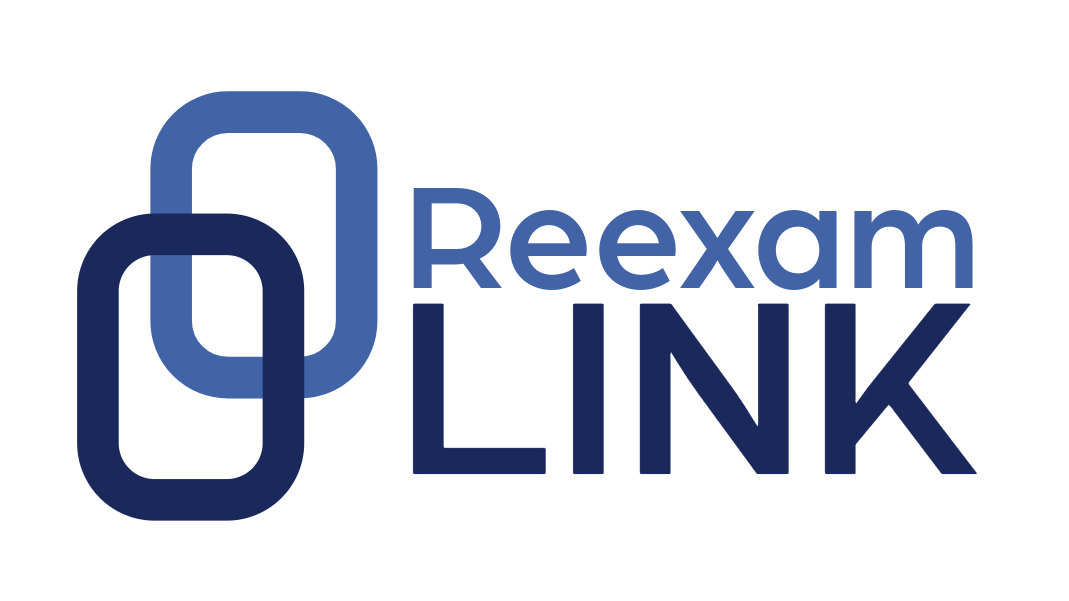Tag: inter partes reexamination
-
Comparative Study of Post Issuance Review Options
—
by
in America Invents Act, Broadest Reasonable Interpretation standard, Claim Construction, clear and convincing evidence, covered business methods, estoppel, estoppel, estoppel from administrative proceeding, ex parte reexamination, indefiniteness, inter partes reexamination, inter partes review, Litigation, motion practice, Patent Reform, patent-eligible subject matter, petitions practice, Phillips-type construction, Post Grant Review, preponderance of evidence, PTAB, raised or reasonably could have raised, raised or reasonably could have raised, reexamination generally, statutory subject matter, supplemental examinationToday I had the pleasure of co-presenting at the Midwest IP Institute on various post-issuance proceedings with Kevin Rhodes, Chief Intellectual Property Counsel and President of 3M Innovative Properties Company. A PDF of our joint presentation is found here. The presentation provides a comparison between IPR (inter partes review), PGR (post grant review), and CBM (covered business…
-
PTO, PTAB and AIA History in the Making Today, September 16, 2012
Today the PTO received its first petitions for inter partes review (IPR) and covered business method patent review (CBM) pursuant to the America Invents Act (AIA). We are in a kind of second phase of implementation of the AIA that phases out inter partes reexamination and that makes IPR and CBM post-issuance reviews available for…
-
Claim Interpretation for Post-Grant Review and Inter Partes Review under the AIA – Part II
In Part I of this topic, I posted some of the reasons why the Patent Office has taken the position that the broadest reasonable interpretation (BRI) standard should be used in post-grant review and inter partes review. Yet another reason for use of BRI (as opposed to a district court construction) was provided by Director Kappos in recent…
-
Claim Interpretation for Post-Grant Review and Inter Partes Review under the AIA – Part I
—
by
in America Invents Act, Broadest Reasonable Interpretation standard, clear and convincing evidence, Ex Parte Prosecution, ex parte reexamination, inter partes reexamination, inter partes review, Litigation, Patent Reform, Phillips-type construction, Post Grant Review, preponderance of evidence, PTAB, reexamination generally, Reissue, UncategorizedToday, USPTO Director David Kappos posted a comment advocating the use of the broadest reasonable interpretation standard (BRI) for claim interpretation in post grant review and inter partes review under the America Invents Act. This is a topic of great interest among those conducting post-grant review of patents because of numerous conflicts occuring in practice due to different…
-
En Banc Decision in Marine Polymer v. HemCon: Amended or New Claims are Candidates for Possible Intervening Rights
In my earlier post, I summarized the panel opinion in Marine Polymer Technologies, Inc. v. Hemcon, Inc. On September 26, 2011, a panel of the Federal Circuit reversed the district court’s decision, concluding that HemCon had acquired intervening rights in the ‘245 patent based on actions taken in a reexamination proceeding. That opinion was vacated and…
-
Declaratory Judgment Plaintiff and Stays Pending Reexamination
In Interwoven, Inc. v. Vertical Computer Systems, Inc. (Case No. C 10-04645 RS, Northern District of California), Judge Richard Seeborg was less than persuaded by Interwoven’s attempt to obtain a stay after filing an ex parte reexamination of the patents in suit. BACKGROUND Vertical owns U.S. Pat. Nos. 6,826,744 and 7,716,629 relating to Internet technologies.…
-
New, More Popular Post-Grant Patent Challenges Drive Patent Generation Strategy
Patent Generation and Enforcement Before the Popularity of Post-Grant Proceedings Patent Owners adopt different approaches for drafting patent applications. For large companies a patent production line approach is frequently adopted which limits the cost and the commensurate drafting efforts on any particular application. There is a reasonable argument to use this “assembly line” approach for very large…
-
America Invents Act: Post-Grant Procedures for Patent Challengers
—
by
in America Invents Act, Appealable, covered business methods, estoppel, estoppel, ex parte reexamination, inter partes reexamination, inter partes review, motion practice, Patent Reform, Post Grant Review, PTAB, raised or reasonably could have raised, raised or reasonably could have raised, reexamination generally, UncategorizedNow that the America Invents Act has become law there are several new provisions for patent challengers to consider. For example, the Act includes: preissuance submissions by third party challengers (Sec. 8 — see the last post); Post-Grant Review (Sec. 6 – see slides*); Inter Partes Review (Sec. 6 – see slides*); Business Method Transitional Proceedings…
-
Patent Challengers get additional Preissuance Challenge Option after Leahy-Smith Bill Passes
Pre-Issuance Challenge Option Added Section 8 of the Act provides for additional pre-issuance submissions by third parties by amending 35 U.S.C. 122. Written submission of the relevance of a patent application, patent, published patent application, or other printed publication must be made before the Notice of Allowance or the later of (1) six months after…
-
Strategic Use of Reexamination in view of the Patent Reform Bill
—
by
in covered business methods, estoppel, estoppel, estoppel from administrative proceeding, ex parte reexamination, factors for stay, inter partes reexamination, inter partes review, Litigation, motion practice, Post Grant Review, PTAB, raised or reasonably could have raised, raised or reasonably could have raised, reexamination generally, Reissue, stay, Substantial New Question (SNQ), supplemental examinationLast week I had the privilege of speaking on reexamination at the AIPLA Electronics and Computer Law Summit. The title of my speech was “Strategic Use of Reexam after Patent Reform – Post-Grant Review and Inter Partes Review.” The powerpoint presentation materials can be found here. The materials assume that the bill currently pending before the Senate is passed substantially intact. The…
